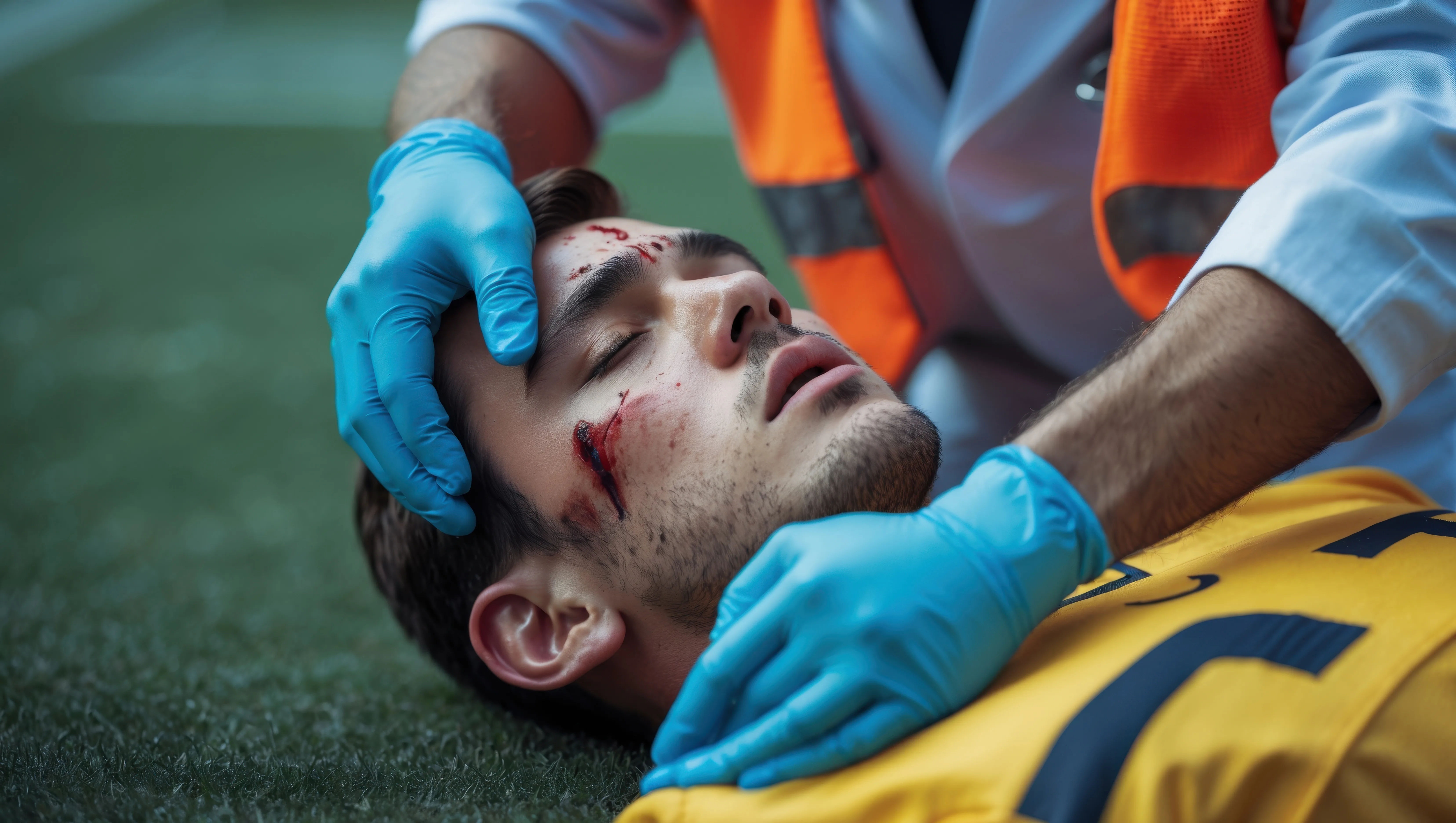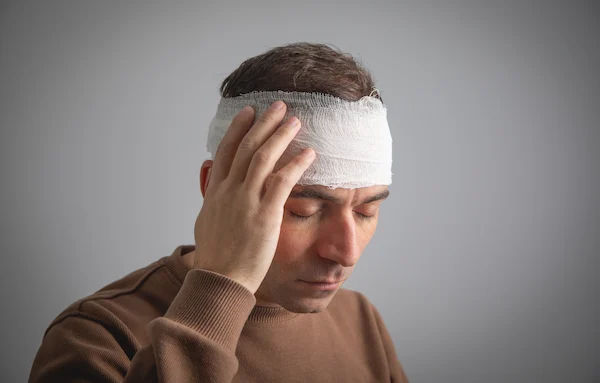What Leads To Signs Of Head Injuries And Prevention
Learn about the causes and symptoms of head injuries, from concussions to more severe trauma. Get essential tips and strategies for preventing head injuries in everyday life and sports.

Written by Dr. Shaik Abdul Kalam
Reviewed by Dr. D Bhanu Prakash MBBS, AFIH, Advanced certificate in critical care medicine, Fellowship in critical care medicine
Last updated on 13th Jan, 2026
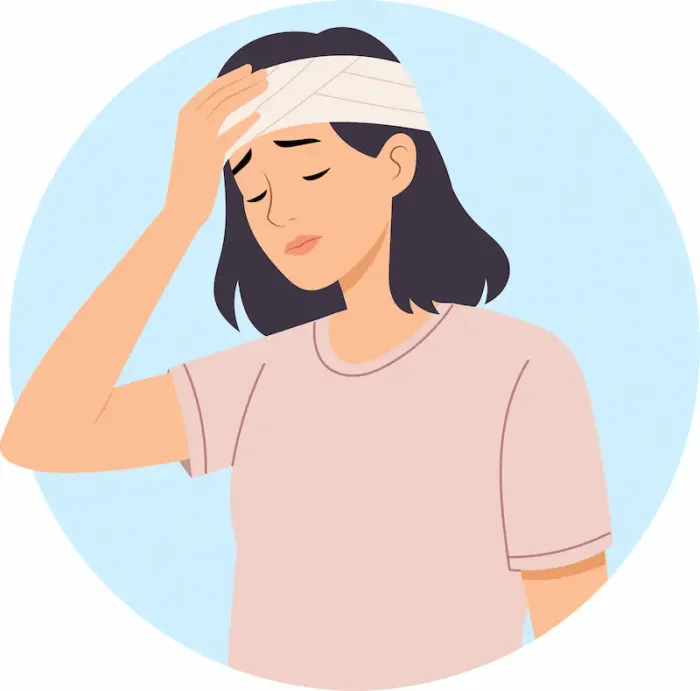
Introduction
A sudden jolt, a slip in the bathroom, a fall from a bike—a head injury can happen in an instant, often when we least expect it. These injuries range from mild bumps and bruises to more serious concussions and traumatic brain injuries (TBIs), with consequences that can affect your cognitive function, physical abilities, and emotional well-being for weeks, months, or even longer. The key to mitigating their impact lies in two critical areas: immediate recognition and proactive prevention. This comprehensive guide will walk you through the common causes of head injuries, teach you how to spot the warning signs, and provide actionable, evidence-based strategies to protect yourself and your loved ones. Understanding what leads to these injuries is the first step in building a safer environment for everyone.
What Exactly is a Head Injury? Defining the Basics
A head injury is a broad term that describes any trauma to the scalp, skull, or brain. It's crucial to understand that an injury to the head does not always mean an injury to the brain, but all potential brain injuries must be taken seriously.
The Spectrum of Head Injuries: From Concussion to TBI
Head injuries exist on a wide spectrum. On the milder end is a concussion, a type of traumatic brain injury caused by a blow to the head or body that causes the brain to move rapidly back and forth inside the skull. This movement can create chemical changes in the brain and sometimes stretch and damage brain cells. More severe forms include contusions (bruises on the brain itself) and skull fractures. The most critical category is a moderate to severe Traumatic Brain Injury (TBI), which involves prolonged unconsciousness or amnesia after the injury and can lead to long-term cognitive and physical impairments.
Common Causes: What Leads to Most Head Injuries
Understanding the common scenarios that lead to head injuries is the foundation of prevention. Data from health organizations like the CDC consistently point to a few primary causes.
Consult Top Specialists
Falls: The Leading Cause for All Ages
Falls are the number one cause of TBIs, accounting for nearly half of all head injury-related hospitalizations. This includes:
• Children: Falling from beds, changing tables, playground equipment, or while learning to walk.
• Adults: Slips on wet floors, falls from ladders, or trips over clutter.
• Older Adults: Falls due to balance issues, poor lighting, or loose rugs are a major health concern.
Sports-Related Impacts and Concussions
Contact sports like football, soccer, hockey, and boxing carry a high risk. However, any sport or recreational activity where falls or collisions are possible—including cycling, skateboarding, and horseback riding—can result in a head injury.
Motor Vehicle Accidents and Collisions
Collisions involving cars, motorcycles, bicycles, and pedestrians are a leading cause of traumatic brain injury. The violent shaking or direct impact can cause severe damage.
Physical Assaults and Accidental Strikes
This category includes being struck by or against an object, such as a falling tool at a construction site, or being hit by a ball during a game. Assaults are also a significant, unfortunate cause.
Recognizing the Signs: Symptoms of a Head Injury
Symptoms can appear immediately or be delayed by days. They can be subtle, especially in children who may not be able to articulate how they feel.
Physical Symptoms to Watch For
• Headache or a feeling of pressure in the head
• Nausea or vomiting
• Dizziness, balance problems, or fatigue
• Sensitivity to light or noise
• Blurred vision or ringing in the ears (tinnitus)
Cognitive and Sensory Changes
• Confusion or feeling "foggy"
• Memory problems, especially about the event
• Slurred speech
• Brief loss of consciousness (even for a few seconds)
Emotional and Behavioral Shifts
• Irritability, sadness, or unusual emotional swings
• Nervousness or anxiety
• Changes in sleep patterns (sleeping much more or much less than usual)
Red Flag Symptoms: When to Seek Emergency Care
If you or someone else experiences any of the following, seek emergency medical attention immediately:
• Loss of consciousness for more than 30 seconds
• Worsening, severe headache
• Convulsions or seizures
• Drainage of clear fluid or blood from the nose or ears
• Profound confusion or agitation
• Weakness or numbness in fingers and toes
• Repeated vomiting
• Slurred speech or inability to recognize people/places
If symptoms persist beyond two weeks, consult a doctor online with Apollo24|7 for further evaluation and a managed recovery plan.
Proactive Protection: Strategies for Head Injury Prevention
Prevention is always better than cure. By making simple changes to your environment and habits, you can drastically reduce the risk.
Mastering Fall Prevention at Home and Work
Remove Hazards: Keep floors clear of clutter, electrical cords, and small rugs. Immediately wipe up spills.
Improve Lighting: Ensure hallways, stairways, and entrances are well-lit. Use nightlights.
Install Safety Features: Use handrails on both sides of stairways, grab bars in bathrooms, and non-slip mats in showers.
Work Safely: Use safety harnesses when working at heights and never use chairs as ladders.
The Non-Negotiable: Seat Belts, Airbags, and Car Seats
Always wear a seat belt every time you drive or ride in a motor vehicle.
Ensure children are always in an age- and size-appropriate car seat or booster seat, correctly installed.
Never drive under the influence of alcohol or drugs.
Sports Safety: Helmets, Rules, and Concussion Protocols
Wear Appropriate Helmets: Ensure helmets are well-fitted and certified for the specific activity (e.g., biking, skiing, football). A bike helmet must be replaced after any significant impact.
Follow the Rules: Sports rules are designed to promote fair play and safety. Teach young athletes to respect them.
Encourage Breaks: Fatigue increases the risk of injury. Ensure adequate rest and hydration.
Promote a Culture of Reporting: Athletes should feel safe reporting head impacts and symptoms without fear of being benched.
Childproofing and Protecting Vulnerable Populations
Infant and Toddler Safety Measures
1. Never leave a baby unattended on a high surface like a bed or changing table.
2. Use safety gates at the top and bottom of stairs.
3. Secure furniture like bookshelves and TVs to the wall to prevent tip-overs.
4. Pad sharp corners on furniture.
Reducing Risks for Older Adults
1. Review Medications: Some medicines can cause dizziness. Regularly review them with a doctor.
2. Vision Checks: Have annual eye exams to ensure prescriptions are up-to-date.
3. Balance and Strength Training: Activities like Tai Chi can significantly improve balance and coordination, reducing fall risk.
The Road to Recovery: Treatment and Management
For a mild head injury like a concussion, management involves physical and cognitive rest. This means limiting activities that require thinking and mental concentration (screen time, schoolwork, reading) and physical exertion (sports, running) until cleared by a healthcare professional. Gradual return to activity under guidance is key. For more severe injuries, treatment may involve medication, surgery, and extensive rehabilitation including physical, occupational, and speech therapy.
Conclusion: Safety First, Always
Head injuries are a significant public health concern, but they are not inevitable. By understanding the common causes—from everyday falls to sports collisions—we can be more vigilant. By recognizing the often-subtle signs and symptoms, we can ensure prompt medical attention. Most importantly, by adopting a proactive mindset towards prevention, we can create safer homes, roads, and playing fields. Simple actions like securing a rug, buckling a seatbelt, or wearing a properly fitted helmet are powerful tools that protect your most valuable asset: your brain. Make these practices non-negotiable for yourself and your family. Your future self will thank you.
Consult Top Specialists
Consult Top Specialists

Dr. Chethan T L
General Physician/ Internal Medicine Specialist
5 Years • MBBS, MD, DNB (General Medicine)
Bengaluru
Apollo Medical Center, Marathahalli, Bengaluru

Dr. Rajib Ghose
General Physician/ Internal Medicine Specialist
25 Years • MBBS
East Midnapore
VIVEKANANDA SEBA SADAN, East Midnapore

Dr. Ajay K Sinha
General Physician/ Internal Medicine Specialist
30 Years • MD, Internal Medicine
Delhi
Apollo Hospitals Indraprastha, Delhi
(200+ Patients)
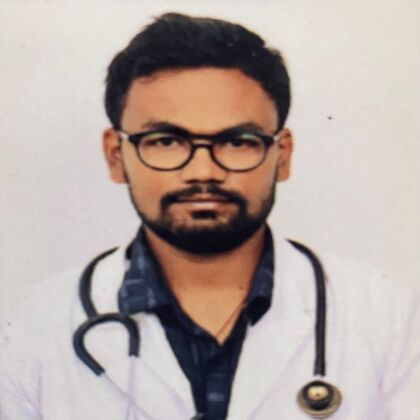
Dr. Naresh
General Physician/ Internal Medicine Specialist
5 Years • MBBS, MD (General Medicine)
Mahbubnagar
SIMS HOSPITAL, Mahbubnagar
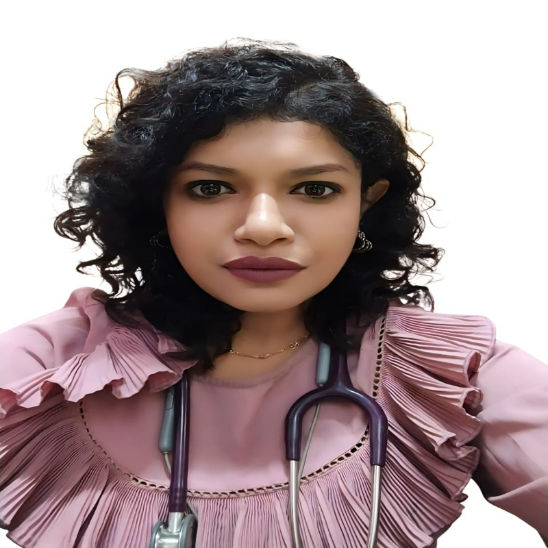
Dr. Sriya Mukherjee
General Practitioner
10 Years • MBBS
Kolkata
SEVA POLYCLINIC, Kolkata
Consult Top Specialists

Dr. Chethan T L
General Physician/ Internal Medicine Specialist
5 Years • MBBS, MD, DNB (General Medicine)
Bengaluru
Apollo Medical Center, Marathahalli, Bengaluru

Dr. Rajib Ghose
General Physician/ Internal Medicine Specialist
25 Years • MBBS
East Midnapore
VIVEKANANDA SEBA SADAN, East Midnapore

Dr. Ajay K Sinha
General Physician/ Internal Medicine Specialist
30 Years • MD, Internal Medicine
Delhi
Apollo Hospitals Indraprastha, Delhi
(200+ Patients)

Dr. Naresh
General Physician/ Internal Medicine Specialist
5 Years • MBBS, MD (General Medicine)
Mahbubnagar
SIMS HOSPITAL, Mahbubnagar

Dr. Sriya Mukherjee
General Practitioner
10 Years • MBBS
Kolkata
SEVA POLYCLINIC, Kolkata
More articles from Head Injury
Frequently Asked Questions
1. Is it safe to sleep after a head injury?
It is a common myth that you must keep someone awake after a concussion. For a mild injury, it is generally safe to sleep. However, a doctor may advise waking the person every few hours for the first 24 hours to check for worsening symptoms like disorientation or severe vomiting.
2. How long does it take to recover from a mild traumatic brain injury?
Most people recover from a concussion within 1-2 weeks with proper rest. However, recovery times can vary significantly depending on the individual and the severity of the impact. Some may experience post-concussion syndrome for months.
3. What is the best way to choose a helmet for prevention?
Choose a helmet that is certified for your specific activity (e.g., CPSC for biking, NOCSAE for football). It must fit snugly, sitting level on your head and low on your forehead, with the straps forming a 'V' under your ears. It should not rock forward or backward.
4. Can you prevent a head injury completely?
While it's impossible to prevent all accidents, you can drastically reduce your risk by being aware of your environment, using safety equipment correctly, and following safety guidelines for driving and sports.
5. What should I do if my child gets a minor bump on the head?
Comfort your child and apply a cold compress to the area to reduce swelling. Observe them closely for the next 24-48 hours for any changes in behavior, vomiting, or complaints of headache. If you are concerned about any symptoms, it's best to consult a pediatrician through Apollo24|7 for professional advice.
